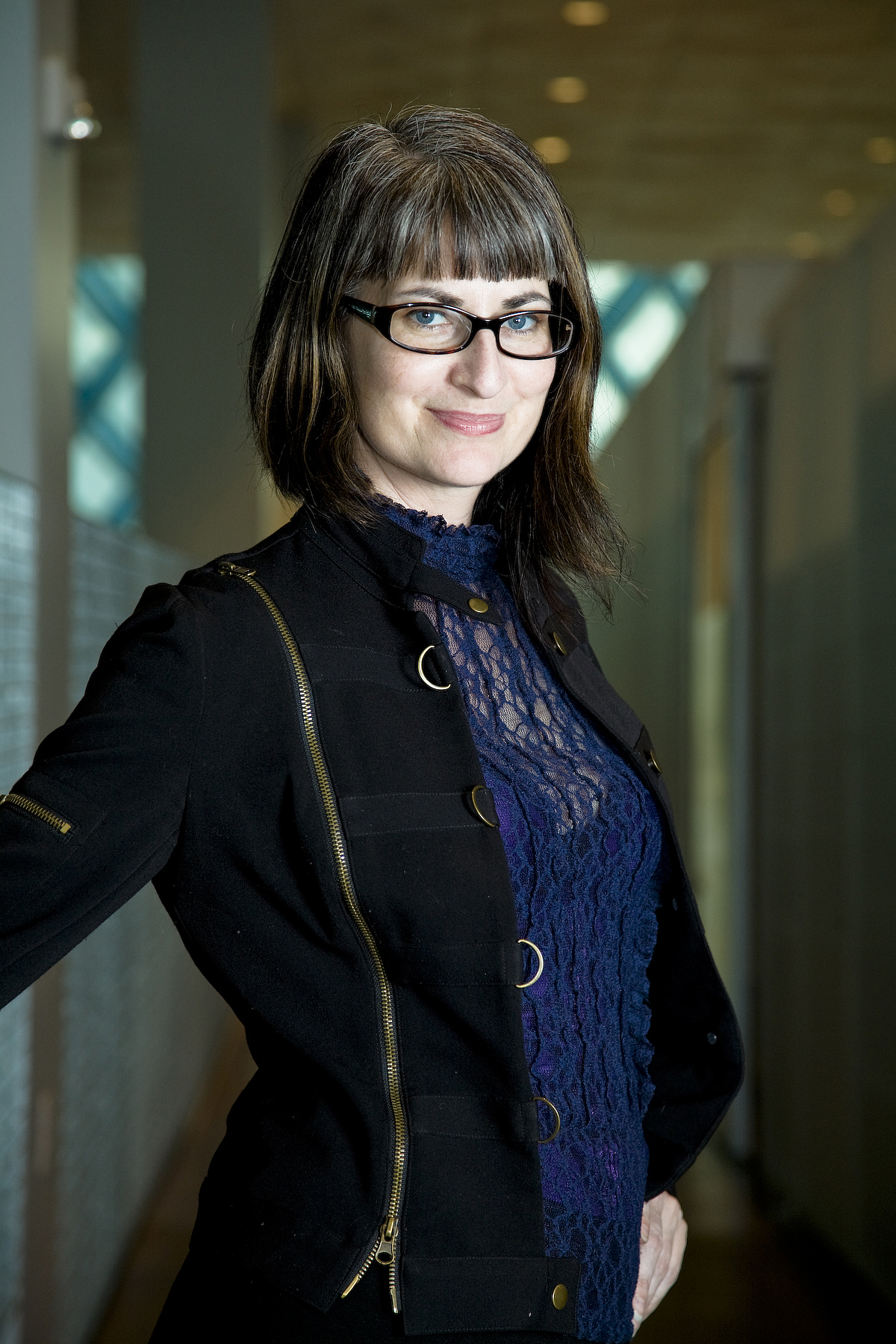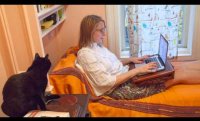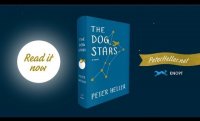Willow Books is currently accepting submissions for its first annual Literature Awards. A prize of $2,000 will be given for a book-length work of literary prose, and a prize of $1,000 will be given for a full-length collection of poetry. The two winning manuscripts will be published in spring 2013 by Willow Books.
The Willow Books Literature Awards are given to United States writers from culturally diverse backgrounds. “Our mission is to develop, publish, and promote writers typically underrepresented in the market,” the press’s website states. Ten finalists will be announced on January 21, 2013, and the winners will be announced at an awards ceremony and reading in Chicago later in the spring. The remaining eight finalists will have selections of their work published in an e-book anthology. All finalists for the awards are expected to attend the ceremony and assist in future online publicity for the press.
Judges for the poetry prize include poets John Murillo, Ching-in Chen, and Naomi Ayala; judges for the prize in literary prose include fiction and nonfiction writers Pauline Kaldas, Latha Viswanathan, and Ana-Maurine Lara.
“We are excited about our new competition and the caliber of our judges,” says Randall Horton, editor of Willow Books. “We are also planning to host workshops during the awards weekend, so watch for updates.”
Poets may submit three copies of a collection between 50 and 125 pages, along with a $25 entry fee; prose writers may submit three copies of a novel, short story collection, memoir, or essay collection (totaling no more than 100,000 words), along with a $30 entry fee. The deadline for submissions is October 1. Submissions are accepted via postal mail only.
Willow Books, established in 2007 as an imprint of the Detroit-based Aquarius Books, publishes poetry, fiction, and creative nonfiction. Some of the press’s recent authors include Tara Betts, Thomas Sayers Ellis, Rachel Eliza Griffiths, Krista Franklin, and Tony Medina.
Willow also partners with the Cave Canem Foundation to publish the biennial Cave Canem Anthology, a collection of poetry by Cave Canem faculty and fellows.
For the required entry form and complete submissions guidelines for the Literary Awards, and for more information about Willow Books, visit their website.






 What are your reading dos?
What are your reading dos?
